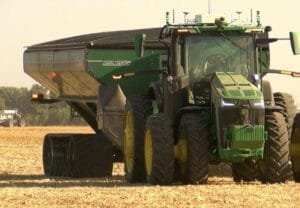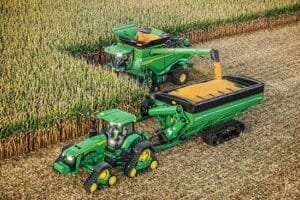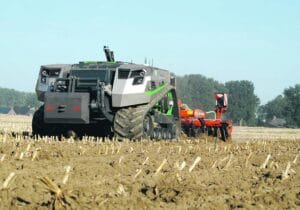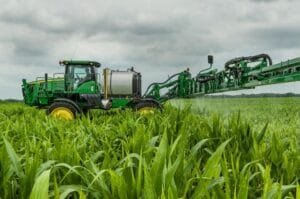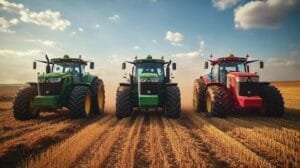Farming landscapes transform swiftly. The agricultural sector stands at the precipice of its fourth revolution, with digital technologies playing a central role in reshaping traditional practices that have existed for centuries. This metamorphosis promises enhanced efficiency and sustainability across crops, livestock, aquaculture, and forestry domains.
Technology infiltrates the fields in unexpected ways. Farmers who once relied on generational wisdom and weather intuition now wield sophisticated tools that gather actionable intelligence from their land. The integration of artificial intelligence, drone technology, robotic systems, and various sensing mechanisms has fundamentally altered the decision-making framework for agricultural producers. These innovations automate diagnosis and implementation in diverse farming activities, enabling a degree of precision previously unattainable.
The digitalization of agriculture presents a fascinating contradiction – it simultaneously simplifies complex processes while introducing technical intricacies that require mastery. Cloud storage systems and Internet of Things applications harvest data on an unprecedented scale, creating digital frameworks that illuminate questions about sustainability and crop optimization. This data collection frenzy sometimes overwhelms smaller operations, yet the potential benefits remain compelling for operations of all sizes.
Precision farming stands as the cornerstone element within this technological revolution. Throughout history, cultivation methods developed through experimentation, passed-down knowledge, and rudimentary understanding of environmental factors. Modern approaches utilize GPS-enabled machinery, aerial surveillance via drones equipped with multispectral sensors, and networked IoT devices monitoring individual plant specimens. These tools provide farmers with comprehensive information landscapes to base their decisions upon.
The financial implications deserve thoughtful examination. Digital innovation reduces operational expenses while potentially elevating profit margins for agricultural businesses. Yet implementation costs create barriers for widespread adoption among resource-constrained farmers, many whom could benefit tremendously from these advancements. Policy interventions may need addressing this disparity.
Public sentiment drives another dimension of agricultural digitalization. Consumer populations increasingly demand superior quality, environmentally conscious food products with enhanced nutritional profiles. This pressure connects digital agriculture and sustainability initiatives in a symbiotic relationship that benefits multiple stakeholders across the value chain.
International organizations view this technological shift as a game-changing development for agricultural ecosystems worldwide. The capacity to collect and exchange data supports improved decision processes by producers and other industry participants, ultimately enhancing operational effectiveness throughout the production cycle. And despite some resistance, these technologies increasingly appear in motorized machinery, expanding access to previously excluded regions and socioeconomic groups, including small-scale producers.
The benefits package digital agriculture delivers includes higher crop productivity, decreased utilization of water resources, reduced fertilizer and pesticide application, and consequently maintained affordability of food products. Environmental impacts diminish accordingly, with natural ecosystems experiencing less disruption from agricultural activities. Such improvements create ripple effects extending beyond immediate agricultural concerns.
Some challenges persist nevertheless. Data silos traditionally limited information sharing across the industry, but cloud technologies and artificial intelligence applications now dismantle these barriers. This democratization of agricultural intelligence expands the potential scope of research into agronomic field trials, nutrient management strategies, and assessments of sustainability impacts.
Digital agriculture transforms not merely how farmers engage with their fields but revolutionizes every segment of the agribusiness value proposition. From planting decisions to market delivery, technology touches each phase of production with increasing sophistication. The momentum builds toward a digital-first industry paradigm capable of addressing food security concerns for hundreds of millions currently experiencing nutritional inadequacy.
Future agricultural landscapes will feature increasingly automated operations performed with remarkable precision. The transition occurs gradually in some regions while proceeding rapidly elsewhere, dependent upon economic factors and technological accessibility. Whatever the pace, the destination appears inevitable: agriculture embracing digital transformation as its driving force toward addressing humanity’s most essential needs.


